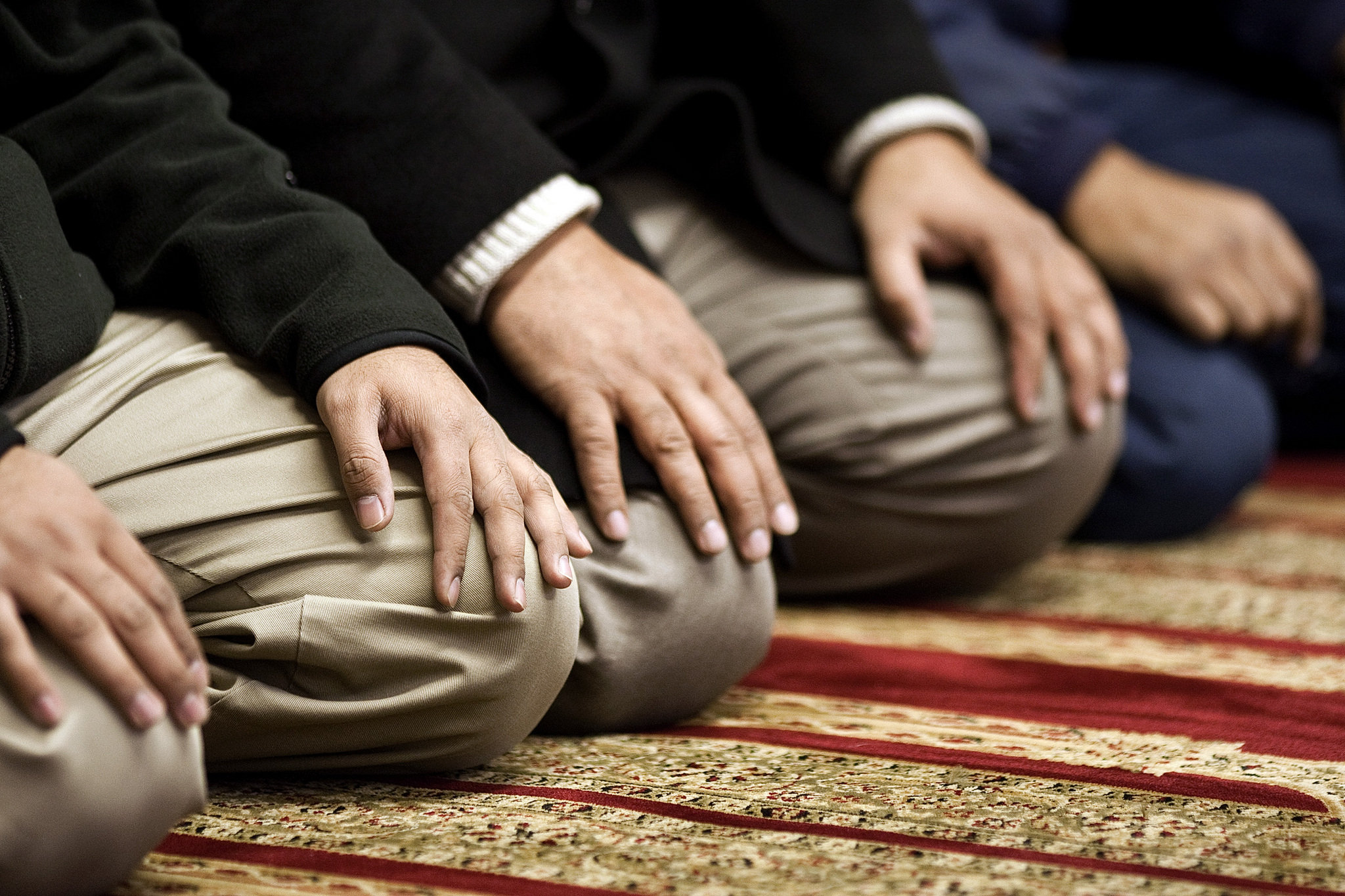I sometimes find myself getting anxious about whether or not I am fully prepared to get the most out of Ramadan when it finally gets here, and each day I start asking myself what more can/should I be doing?
I sometimes find myself getting anxious about whether or not I am fully prepared to get the most out of Ramadan when it finally gets here, and each day I start asking myself what more can/should I be doing?
With the holy month of Ramadan fast approaching, I sometimes find myself getting anxious about whether or not I am fully prepared to get the most out of Ramadan when it finally gets here, and each day I start asking myself: what more can/should I be doing?
The obvious thing to do is start observing fast during the month of Sha’ban (which precedes Ramadan). There are traditions which talk about the merits of fasting during the month of Sha’ban. I find that part of me wants to engage in this, but then another part of me (that happens to know my own personal spiritual capacity) tends to discourage me from doing so, with the simple reasoning that if I tire myself out fasting during the month of Sha’ban, I may not have sufficient energy to engage in various acts of ibadah during the month of Ramadan itself.

To be honest, that is something I have always struggled with. Wanting to upgrade my level of eman (faith) and ibadah (worship) to a higher level, but not having the energy to do so. I have a feeling I’m not alone in this regard. I think many ordinary Muslims want to (and truly strive to) be better than they actually are, but when they hit their spiritual threshold — beyond which they cannot seem to go any further — it becomes tremendously demotivating.
We all go through eman highs and eman lows. I know that, with me personally, I oftentimes find myself incapable of continuing a heavy ibadah schedule beyond a matter of days (which is followed by a noticeable reduction in acts of worship, and sometimes even reduced consciousness of God’s watchfulness).
A few years ago, I remember being inspired by Prophet David’s (peace be upon him) practice of fasting on every alternate day. I actually tried that for a while. Believe me, it was not easy, and I may have been able to keep that practice going for a couple of weeks. There came day (while I was at work), and I just experienced the most incredible craving for a spicy chicken wrap. As a result, I purchased a spicy chicken wrap and proceeded to invalidate my fast while chomping on a deliciously enjoyable meal.
Mind you, this was a supererogatory fast outside of the month of Ramadan that concluded my several-week-long stretch of alternate-day, supererogatory fasts. What I realized was that I did not fail simply because I was unable to keep up that practice. I do think perhaps, on some level, I was able to raise my spiritual threshold by pushing myself to the max. However, it is a source of regret for me that, subsequent to that experience, I did not try to begin and maintain a practice of observing the fast outside of Ramadan (whether it would have been by fasting on three days of every month or by fasting on Mondays and Thursdays).
What I learned is that once you push yourself hard enough spiritually — thereby breaking your spiritual threshold — you are able to establish a new (and higher) spiritual threshold. However, it is imperative that you try to at least maintain it by continuing to pursue acts of good deeds and worship.
Our eman can be thought of as a plant that needs continual nourishment in order to grow and blossom. That nourishment can come in the form of things like prayer, fasting, Qur’an recitation, dhikr, or even relatively simple things like smiling or being kind to your parents.
So at this moment, as I reflect on how I can better prepare myself for the holy month, I am intent on making sure that I keep pushing myself. I need not be an exercise whereby I am mentally exhausted as a result of reciting a juz of the Qur’an each day (which is something I have absolutely no experience of doing in the past). Nor do I have try to memorize ten ayaat (verses) each day.

It is important to keep daily goals, but at the same time, the goals must be attainable. Only you can determine how much ibadah you are physically and mentally capable of doing. There have been several Ramadans in years past where I have felt that I really did not work as hard as I could have in order to obtain God’s Mercy. I think that that could be true for many of you. But that ought not be a barrier holding us back this time around.
A few days ago, I had been toying with the idea of memorizing an ayah of the Qur’an each day. If I start today (and keep at it), I could have the entire Qur’an committed to memory in less than seventeen years! Now, some may look at the goal and think that I am selling myself short by setting such as an easily attainable goal. Well, in response to that, I would say that I have reached thirty three years of age whilst having memorized less than fifteen surahs. So even ayah a day would be a radical enhancement to my daily ibadah routine.
We are often times told that it is not the quantity but the quality of our worship that matters. So if you are able to memorize one ayah in a day (and are able to fully understand its meaning and context), then maybe in some ways you are better off than the individual who can memorize ten ayaat in a day without understanding what (s)he has memorized. The same principle of quality over quantity can be applied to other things like salat (prayer), sawm (fasting), and sadaqah (charity).
If there is one thing that you can take away from this article, is that you should not be discouraged. Do not let your past laxity trick you into thinking you cannot do better. And do not make the mistake of thinking that you absolutely need to have grand spiritual goals in order to improve yourself as a Muslim.
By Saad Zafar





